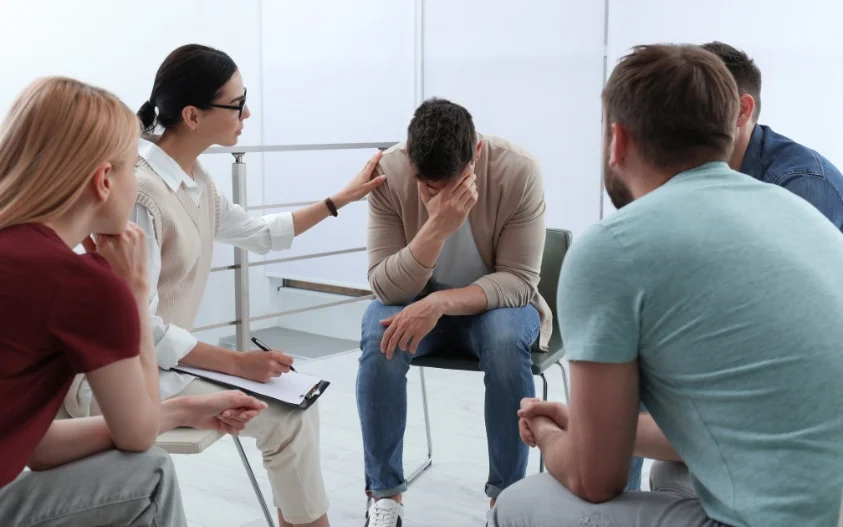24/7 Helpline:
(866) 899-221924/7 Helpline:
(866) 899-2219
Learn more about Medication-assisted Treatment centers in Oreland
Medication-assisted Treatment in Other Cities

Other Insurance Options

Optum

CareSource

ComPsych

Meritain

EmblemHealth

MHNNet Behavioral Health

Amerigroup

WellCare Health Plans

Oxford

American Behavioral

UMR

Ambetter

CareFirst

BlueCross

Molina Healthcare

Cigna

BHS | Behavioral Health Systems

Holman Group

Health Net

Magellan Health
























